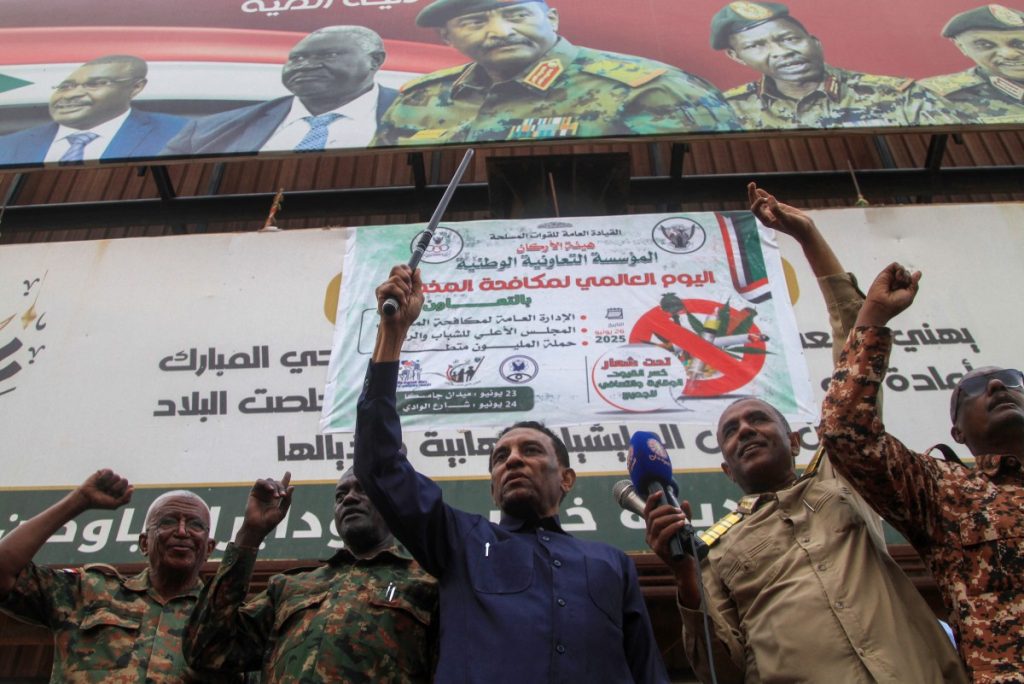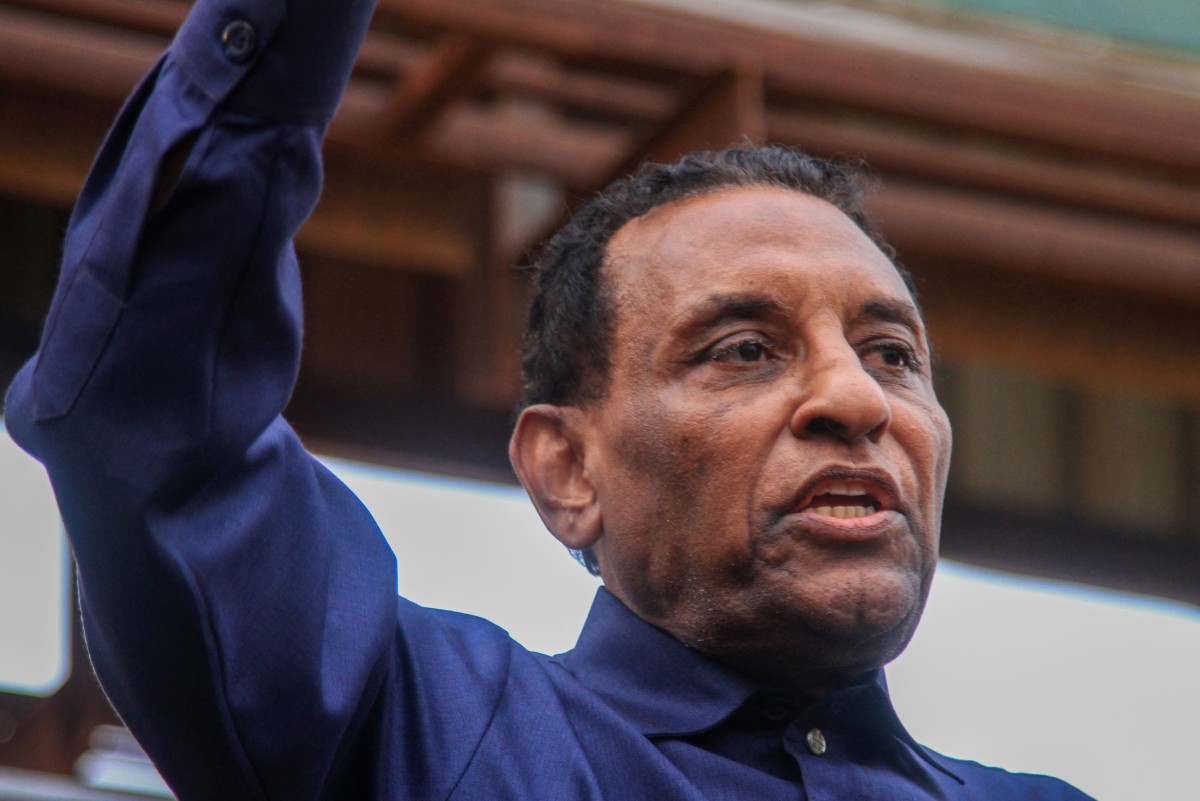Sudan’s Prime Minister Kamil Idris visited Khartoum for the first time since taking office in May, promising the city’s reconstruction, which has suffered from over two years of conflict.
During his tour of the devastated airport, bridges, and water facilities, the new premier discussed extensive repair initiatives in preparation for the potential return of some of the millions who have escaped the violence.
“Khartoum will return as a proud national capital,” Idris said, according to Sudan’s state news agency.
The conflict between the Sudanese military and the paramilitary Rapid Support Forces began in the capital in April 2023, rapidly destroying the city.
The United Nations estimates that tens of thousands have lost their lives in what was once a vibrant capital that 3.5 million people have now abandoned.
According to the Khartoum state’s media office, Idris visited key locations, including the army headquarters and the airport, both of which symbolise national pride and were pivotal to the army’s control of the capital following their capture earlier this year, alongside the presidential palace.
Rebuilding efforts are anticipated to be an immense challenge, with the government estimating the national cost to be around $700 billion, with approximately half of the total required for Khartoum alone.
The army-backed government, which relocated to Port Sudan on the Red Sea early in the conflict, is now planning to return its ministries to Khartoum, even as hostilities continue in other regions. Efforts have started in the capital to properly inter the deceased, clear thousands of unexploded ordnance, and resume administrative services.

While visiting Sudan’s largest oil refinery, the Al-Jaili facility located just north of Khartoum, Idris assured that “national institutions will return even better than they were prior.” The refinery, now just a charred shell, was retaken in January, but officials indicated that it would take years and at least $1.3 billion to restore the facility, which previously processed 100,000 barrels per day.
Idris, a career diplomat and former UN official, was appointed in May by army chief Abdel Fattah al-Burhan, the de facto leader of Sudan, to establish what is referred to as a “government of hope.”
The conflict has led to the largest hunger and displacement crisis in the world, with nearly 25 million people facing severe food insecurity and over 10 million internally displaced in the country.
An additional four million individuals have crossed international borders.
In the southern Kordofan and western Darfur areas of Sudan, fighting continues unabated, with the paramilitary forces accused of recent mass killings in efforts to gain territory.


 Trending
Trending 